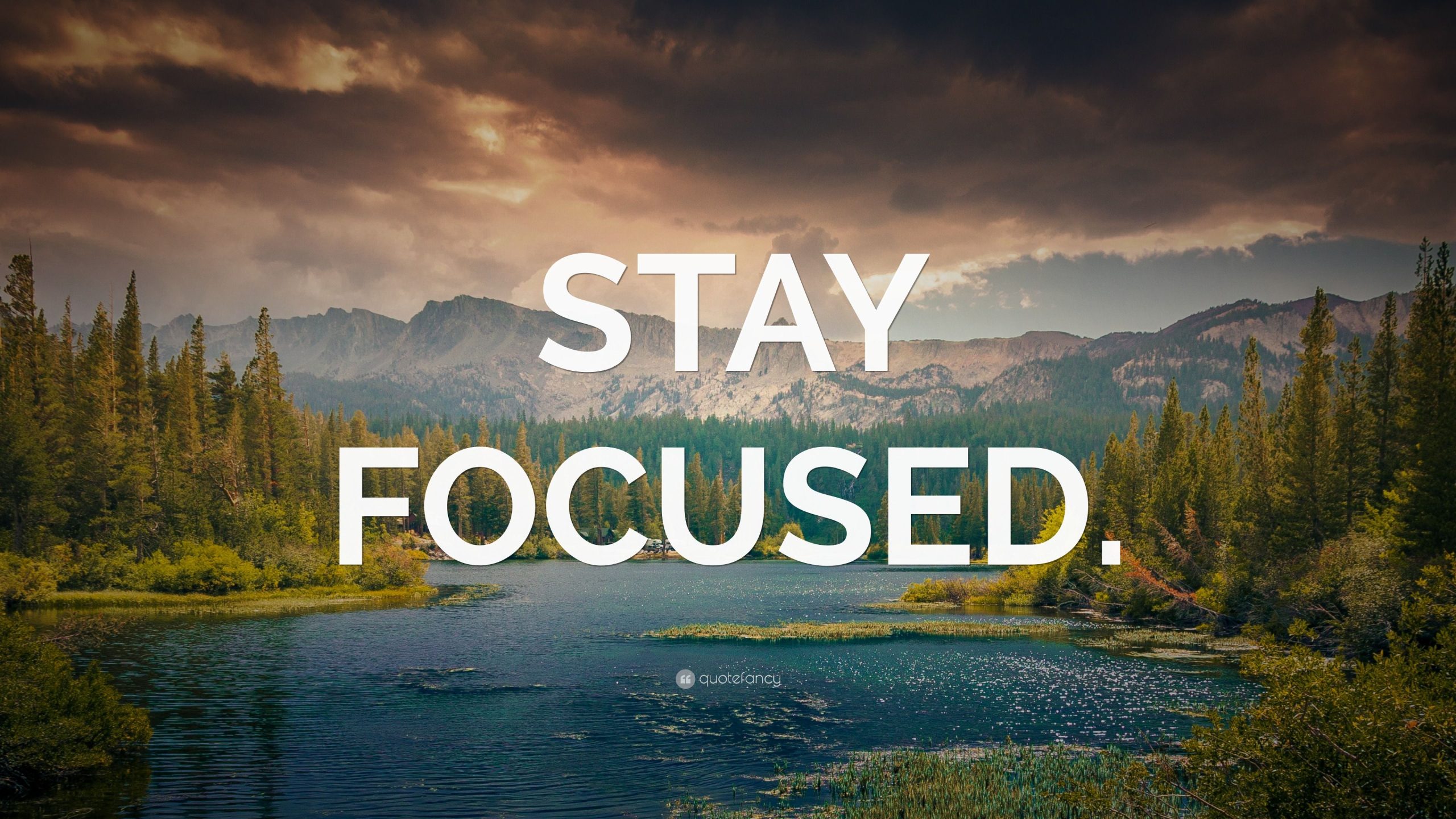
South Africa, a land of breathtaking landscapes, vibrant cultures, and a rich, complex history, beckons travelers with an allure that is both rugged and refined. From the iconic Table Mountain casting its shadow over Cape Town to the boundless plains teeming with wildlife in Kruger National Park, this diverse nation offers an unforgettable journey for every kind of adventurer. To truly immerse yourself in its magic, understanding where to stay, what to see, and how to navigate its wonders is paramount.
A Glimpse into South Africa’s Captivating History
Before delving into accommodation and attractions, a brief understanding of South Africa’s past enriches the travel experience. For millennia, indigenous peoples, including the Khoisan and Bantu-speaking tribes, called this land home, leaving behind a legacy of rock art and intricate social structures. The arrival of Jan van Riebeeck in 1652 marked the beginning of Dutch colonization, followed by the British, leading to periods of conflict and the eventual establishment of the Union of South Africa in 1910.

Related Articles about South Africa: A Tapestry of Wonders and Where to Unravel Them:
- Cusco: Gateway to the Incas and a Journey Through Time
- Sweden: A Nordic Tapestry of Enchanting Attractions
- Unveiling the Floating City: Your Guide to Cheap Flights and an Unforgettable Venice Experience
- The Ultimate Guide to Unforgettable Stays: Exploring the Best Hotels in the United States
- The Affordable Allure of Cape Town: Your Guide to Budget-Friendly Adventures in the Mother City
The 20th century was largely defined by the oppressive system of apartheid, a brutal regime of racial segregation and discrimination. The struggle against apartheid, spearheaded by figures like Nelson Mandela and organizations like the African National Congress (ANC), culminated in its dismantling in the early 1990s and the dawn of a democratic era. This history, though marked by hardship, has shaped a resilient and forward-looking nation, evident in its diverse populace and burgeoning cultural scene.
Top Attractions: A Spectrum of Experiences
South Africa’s attractions are as varied as its landscapes. Here’s a curated selection of must-visit destinations:
1. Cape Town: The Jewel of the South
- Table Mountain: An absolute icon, this flat-topped mountain offers panoramic views of the city, ocean, and surrounding countryside. Hike up or take the aerial cableway for an unforgettable experience.
- Robben Island: A poignant reminder of apartheid, this former prison island where Nelson Mandela spent 18 years of his sentence is now a UNESCO World Heritage Site and a powerful historical testament.
- Cape Peninsula: Explore the dramatic coastline, including the Cape of Good Hope and Cape Point, where the Atlantic and Indian Oceans are said to meet. Witness playful penguins at Boulders Beach.
- V&A Waterfront: A vibrant hub of shops, restaurants, and entertainment, offering boat trips, museums, and a lively atmosphere.
- Bo-Kaap: Wander through the colorful streets of this historic Malay quarter, with its distinctive Cape Dutch architecture and rich cultural heritage.
- Winelands: Embark on a scenic drive through Stellenbosch, Franschhoek, and Paarl, indulging in wine tastings at world-class vineyards and enjoying picturesque vineyard landscapes.

2. Kruger National Park: The Wild Heart of Africa
- Big Five Safari: This world-renowned national park is a premier destination for spotting lions, leopards, elephants, rhinos, and buffalos in their natural habitat.
- Diverse Ecosystems: Kruger boasts a variety of landscapes, from dense bushveld to open savannah, supporting an incredible array of flora and fauna.
- Guided Safaris: Expert rangers and trackers will enhance your wildlife viewing experience, sharing their knowledge of animal behavior and tracking skills.
3. The Garden Route: A Coastal Paradise
- Scenic Drive: This picturesque stretch of coastline between Mossel Bay and Storms River Mouth is renowned for its lush forests, pristine beaches, and charming towns.
- Adventure Activities: Indulge in hiking, whale watching (seasonal), bungee jumping, kayaking, and exploring the Tsitsikamma National Park’s dramatic Storms River Mouth.
- Knysna Heads: Two dramatic sandstone cliffs guarding the entrance to the Knysna Lagoon, offering stunning views and opportunities for boat trips.
4. Johannesburg: The Economic Powerhouse and Cultural Hub
- Apartheid Museum: A deeply moving and essential experience that chronicles the history of apartheid and the struggle for freedom.
- Soweto: Visit the vibrant township, once a focal point of the anti-apartheid movement, and explore its historical landmarks, including Vilakazi Street (the only street in the world to have housed two Nobel Peace Prize winners).
- Constitution Hill: The seat of South Africa’s Constitutional Court, this historic site offers insights into the country’s legal and democratic journey.
- Gold Reef City: A theme park built on a former gold mine, offering a glimpse into Johannesburg’s mining past and thrilling rides.
5. Drakensberg Mountains: Majestic Peaks and Ancient Art
- Hiking and Trekking: Explore the dramatic escarpment with its towering peaks, deep valleys, and cascading waterfalls.
- San Rock Art: Discover ancient San rock paintings in sheltered caves, offering a window into the spiritual beliefs and daily lives of early inhabitants.
- Amphitheatre: A colossal natural amphitheater, one of the most spectacular sights in the Drakensberg.
Other Notable Destinations:
- Hermanus: The whale-watching capital of South Africa, offering exceptional land-based whale viewing during the winter months.
- Blyde River Canyon: The third-largest canyon in the world, boasting stunning viewpoints like God’s Window and the Three Rondavels.
- Addo Elephant National Park: A malaria-free park in the Eastern Cape, offering excellent opportunities to see elephants and other wildlife.
Travel Tips for a Seamless South African Adventure
- Visa Requirements: Check the visa regulations for your nationality well in advance of your trip.
- Currency: The South African Rand (ZAR) is the official currency. Credit cards are widely accepted, but it’s advisable to carry some cash for smaller purchases and in more remote areas.
- Language: South Africa has 11 official languages, with English being widely spoken and understood in tourist areas. Afrikaans and isiZulu are also prevalent.
- Safety: While South Africa is a safe country for tourists, it’s important to be aware of your surroundings, especially in urban areas. Avoid displaying expensive jewelry, keep valuables secure, and be cautious at night. Research specific safety advice for the areas you plan to visit.
- Health: Consult your doctor about necessary vaccinations and malaria precautions, especially if you plan to visit certain regions.
- Driving: South Africa drives on the left. Car rental is a popular option for exploring at your own pace. Be aware of road conditions, particularly outside major cities.
- Tipping: Tipping is customary in restaurants (10-15%), for tour guides, and hotel staff.
Accommodation Options: A Haven for Every Budget and Style
South Africa offers a diverse range of accommodation to suit every traveler’s needs and preferences, from luxurious lodges to charming guesthouses and budget-friendly hostels.
1. Luxury Lodges and Hotels:
- Prime Locations: Often found in prime locations within cities like Cape Town and Johannesburg, or nestled within private game reserves adjacent to national parks.
- Amenities: Expect opulent rooms, world-class dining, spa facilities, swimming pools, and often breathtaking views.
- Safari Lodges: For an immersive wildlife experience, luxury safari lodges offer exclusive game drives, gourmet meals, and unparalleled service.
- Examples: The Twelve Apostles Hotel and Spa (Cape Town), The Saxon Hotel, Villas & Spa (Johannesburg), Singita Sabi Sand (Kruger).
2. Boutique Hotels and Guesthouses:
- Charming and Personal: These offer a more intimate and personalized experience, often located in historic buildings or stylishly designed properties.
- Local Flavor: Many guesthouses provide a taste of local hospitality and can offer valuable insights from their hosts.
- Locations: Found in cities, towns along the Garden Route, and within the Winelands.
- Examples: The Silo Hotel (Cape Town), La Residence (Franschhoek), The Oyster Box Hotel (Durban).
3. Self-Catering Apartments and Villas:
- Flexibility and Independence: Ideal for families, groups, or longer stays, offering the freedom to cook your own meals and relax in a private space.
- Variety: Available in various sizes and price points, from studio apartments to spacious villas with private pools.
- Locations: Ubiquitous in cities and popular tourist towns.
4. Mid-Range Hotels:
- Comfort and Convenience: A good balance of comfort, amenities, and affordability, catering to a wide range of travelers.
- Standard Facilities: Typically offer en-suite bathrooms, air conditioning, on-site restaurants, and sometimes swimming pools.
- Brands: Look for well-known chains like Protea Hotels by Marriott, Holiday Inn, and City Lodge.
5. Budget-Friendly Options (Hostels and Backpackers):
- Social and Affordable: Excellent for solo travelers or those on a tight budget, offering dormitory-style rooms and private rooms.
- Communal Areas: Often feature common kitchens, lounges, and organized activities, fostering a social atmosphere.
- Locations: Widely available in major cities and popular backpacker routes.
6. Unique Stays:
- Glamping: Experience the wilderness in comfort with luxury tented camps in or near national parks.
- Farm Stays (Bo-Plaas): Immerse yourself in rural life with charming farm accommodations, often offering home-cooked meals and a peaceful escape.
- Houseboats: Enjoy a unique perspective on the water in places like the Knysna Lagoon.
Transportation: Navigating the Rainbow Nation
Getting around South Africa can be an adventure in itself, with various options to suit your travel style and budget.
- Flying: South Africa has a well-developed domestic flight network, connecting major cities like Johannesburg (O.R. Tambo International Airport – JNB), Cape Town (CPT), and Durban (King Shaka International Airport – DUR). This is the most efficient way to cover long distances.
- Car Rental: Renting a car is highly recommended for exploring at your own pace, especially for the Garden Route and the Winelands. Major international and local car rental companies are available at airports and in cities. Remember to drive on the left!
- Buses: Long-distance bus services, such as Intercape and Greyhound, connect most major towns and cities. They are a more affordable option than flying but can be time-consuming.
- Trains: While the passenger rail network is not as extensive or efficient as in some other countries, there are scenic routes like the Blue Train and the Rovos Rail for a luxurious, albeit expensive, travel experience.
- Taxis and Ride-Sharing: In cities like Cape Town and Johannesburg, Uber and other ride-sharing services are readily available and a convenient way to get around. Traditional metered taxis are also an option.
- Guided Tours: For a hassle-free experience, consider booking guided tours that often include transportation, accommodation, and activities, especially for safaris and specialized excursions.
Best Time to Visit: Embracing South Africa’s Seasons
South Africa offers a year-round destination, with each season bringing its unique charm. The "best" time to visit depends on your priorities.
- Spring (September to November): This is a fantastic time to visit, especially for the Cape. Wildflowers bloom in abundance, and the weather is mild and pleasant, with temperatures ranging from 15°C to 25°C. Whale watching season is also in full swing in Hermanus.
- Summer (December to February): This is the peak tourist season, particularly in coastal areas like Cape Town. Expect warm to hot weather (20°C to 30°C+) and long daylight hours, perfect for beach activities. However, it can be crowded and more expensive. The interior can experience thunderstorms.
- Autumn (March to May): A wonderful shoulder season, offering pleasant temperatures (18°C to 25°C) and fewer crowds. The Winelands are particularly beautiful with the changing colors of the vineyards. This is also a good time for game viewing in Kruger as vegetation thins out.
- Winter (June to August): This is the dry season in Kruger National Park, making it the prime time for wildlife viewing as animals congregate around water sources. Temperatures are cooler (10°C to 20°C), especially in the mornings and evenings. In the Cape, it’s cooler and wetter, but this is the best time for whale watching.
Specific Recommendations:
- For Wildlife Viewing (Kruger): June to October (dry season).
- For Beaches and Cape Town: December to February (summer).
- For Flower Enthusiasts: August to September (Western Cape).
- For Whale Watching: June to November (Hermanus).
- For a Balance of Good Weather and Fewer Crowds: March to May (autumn) and September to November (spring).
South Africa is a country that will capture your heart and leave an indelible mark on your soul. By understanding its diverse regions, planning your accommodation wisely, and embracing its unique rhythm, you are set to embark on a journey of discovery that is as rich and multifaceted as the nation itself. Prepare to be captivated by its natural beauty, moved by its history, and welcomed by the warmth of its people.





